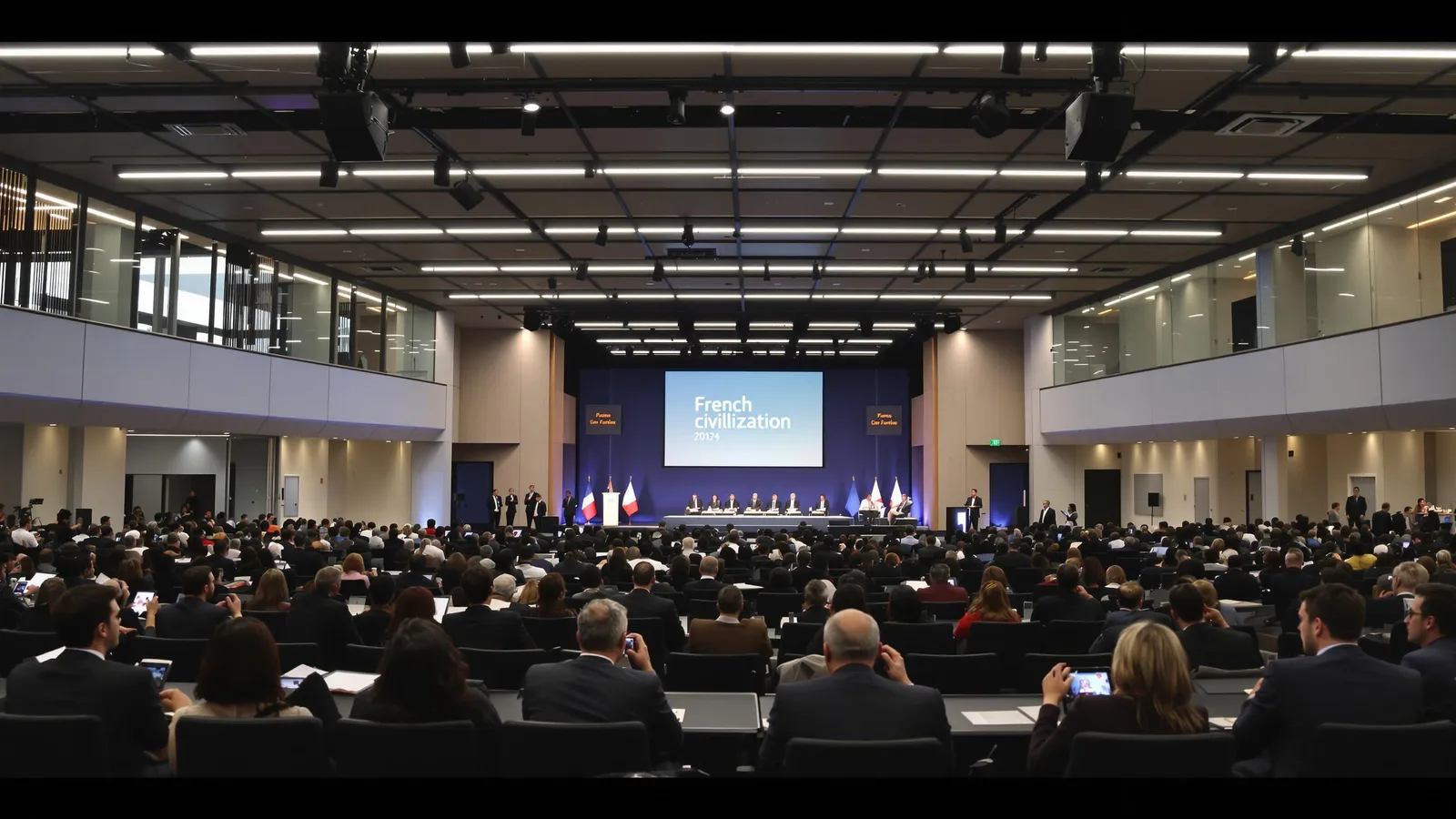Le fabuleux destin d’Amélie Poulain (Amélie)
“Le Fabuleux Destin d’Amélie Poulain” is an ideal choice for non-French-speaking students wishing to learn French and discover French culture through movies. This iconic film, directed by Jean-Pierre Jeunet, offers a cinematic experience that is both charming and informative. The story of Amélie, a dreamy young woman who seeks to spread happiness in the lives of others in Montmartre, is a modern tale that allows learners to immerse themselves in Parisian life and discover the beauty of the French capital.
The simple dialogue and gripping story make the film accessible to learners of different levels, while the picturesque Parisian settings provide a visual insight into the City of Lights. Additionally, “Le Fabuleux Destin d’Amélie Poulain” captures the spirit and friendliness of French culture, making it an entertaining and educational teaching resource for non-French speaking students seeking linguistic and cultural immersion.
Un singe en Hiver (A monkey in winter)
Un singe en hiver is a classic French film that is of particular interest to non-French speaking students looking to learn French. Directed by Henri Verneuil and written by the famous dialogue writer Michel Audiard, this film is a true linguistic treasure. The dialogues are lively, witty and imbued with Michel Audiard’s characteristic humor, offering an ideal immersion in the French language and its subtle humor. It gives learners the opportunity to discover two giants of French cinema, Jean Gabin and Jean-Paul Belmondo, inseparable figures of the 7th art.
The story, centered on an unexpected encounter between a former alcoholic and a writer in need of inspiration, is an exploration of French characters and their sense of repartee. The film offers learners a unique opportunity to appreciate the subtlety of the French language while enjoying an entertaining story. A Monkey in Winter is, however, aimed at French language students with a sufficient level to understand Audiard’s dialogues, which are sometimes complex for non-French speaking ears.
Le diner de cons (The dinner game)
“Le Dîner de Cons” is a French comedy which may be of great interest to non-French-speaking students who wish to learn the language and discover Vaudeville-style humor. Directed by Francis Veber, the film presents a series of misunderstandings and comical situations when a rich publisher wants to organize a dinner where everyone must bring the biggest “idiot”. The dialogues are rich in wordplay, irony and situation comedy, offering learners an immersion in French humor. The film is also a satirical critique of contemporary society, making it an entertaining and educational teaching resource for those who want to master the French language while enjoying plenty of laughs.
Intouchables (The intouchables)
“Intouchables” is a popular and moving French film that is particularly useful to students wishing to improve their oral comprehension of French. Directed by Olivier Nakache and Éric Toledano, the film addresses important societal issues such as disability, social class and tolerance. It tells the true story of an unlikely friendship between a paraplegic aristocrat and a young man from the suburbs. The dialogues are authentic and reflect everyday interactions, which helps learners get used to the variations of the French language. Additionally, the universal message of tolerance and understanding makes it an ideal choice for students wishing to explore social themes while improving their knowledge of French language.
L’aile ou la cuisse (The wing or the thigh)
We can’t talk about French cinema without mentioning the unforgettable figure of Louis de Funès! “L’Aile ou la Cuisse” is a memorable French comedy that offers a captivating and fun experience for those who want to learn French. Directed by Claude Zidi, the film highlights the comic genius of Louis de Funès, one of the icons of French cinema who rubs shoulders with the famous stand up comedian Coluche. The dialogues are peppered with puns, sarcasm and satirical humor, making it a great way to explore the richness of the French language. In addition, the film addresses the theme of French gastronomy and culinary criticism which are inseparable from French cultural heritage.
However, due to their subtlety and the numerous play on words, Louis de Funès’ films can often be better suited to an audience with a good level of French.









